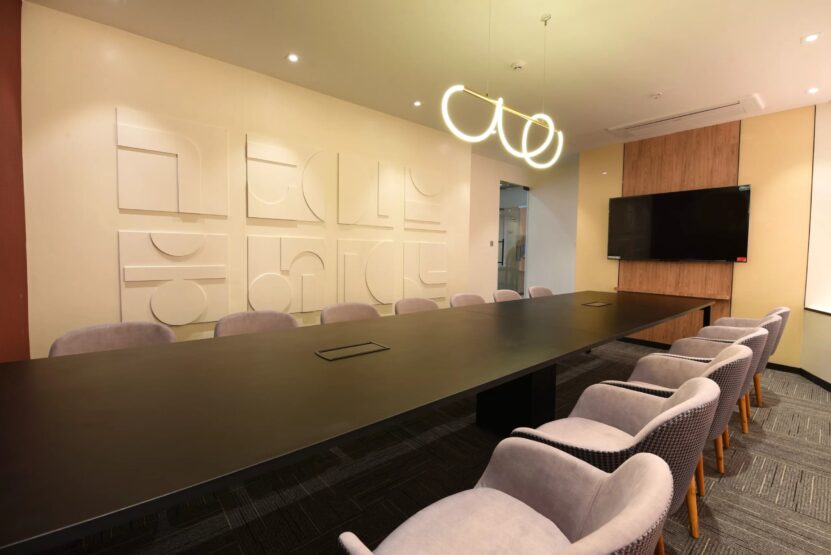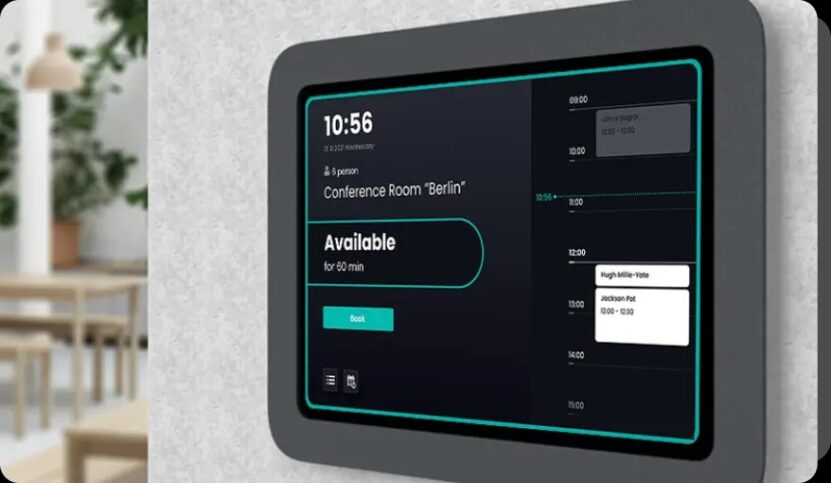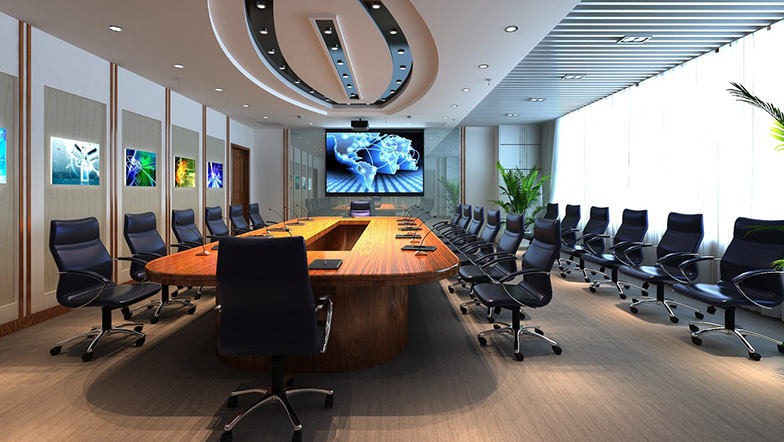In today’s fast-paced business world, the ability to organise and manage events efficiently is crucial. Conference halls are central to many professional gatherings, from corporate meetings to seminars, workshops, and large-scale conferences.
Ensuring a seamless experience for organisers and attendees alike requires not only excellent facilities but also effective management tools. One such tool that has transformed event planning is the conference hall booking system.
The Importance of a Well-Managed Conference Hall

A conference hall is more than just a space; it is the setting where ideas are shared, decisions are made, and collaborations are formed. Poor management can lead to double bookings, logistical challenges, and a negative impression on clients and attendees.
On the other hand, a well-organised conference hall enhances productivity, encourages participation, and reflects positively on the hosting organisation.
Challenges in Traditional Conference Hall Management
Traditional booking methods, such as phone calls, emails, or manual calendars, can be cumbersome and prone to errors. Common challenges include:
- Scheduling conflicts due to double bookings.
- Inefficient use of space, with some rooms remaining unused.
- Difficulty tracking bookings and attendee information.
- Limited reporting capabilities for future planning.
These challenges can disrupt events and result in wasted resources. Modern businesses are increasingly turning to digital solutions to streamline these processes.
Benefits of a Conference Hall Booking System
Implementing a conference hall booking system can drastically improve the efficiency of event management. Key benefits include:
- Centralised Scheduling
A digital booking system consolidates all bookings in one platform, allowing organisers to view availability in real-time. This eliminates the risk of overlapping bookings and simplifies the process of managing multiple events simultaneously. - Improved Resource Management
Conference hall management often involves coordinating additional resources such as projectors, microphones, and catering services. A booking system can integrate these requirements, ensuring all resources are allocated appropriately and nothing is overlooked. - Enhanced User Experience
Attendees and organisers benefit from a smoother experience. Online booking portals allow for quick reservations, confirmations, and even automated reminders, reducing stress and ensuring everyone is on the same page. - Data-Driven Insights
With a conference hall booking system, managers gain access to analytics that can guide future planning. Insights such as peak booking times, frequently used facilities, and recurring client patterns help improve service offerings and optimise hall usage.
Choosing the Right System
Selecting the right conference hall booking system depends on several factors, including the size of the venue, the frequency of bookings, and the specific needs of your organisation. Features to consider include:
- Real-time availability updates
- Integration with calendar and email systems
- Mobile access for remote management
- Reporting and analytics tools
- User-friendly interface for both staff and clients
Implementing a Conference Hall Booking System

Introducing a new system may seem daunting, but a structured approach can ease the transition. Begin by training staff on how to use the platform efficiently. Next, migrate existing bookings and ensure all stakeholders understand the new process. Regularly review the system’s performance and gather feedback to make improvements.
Maximising Efficiency with Automation
Modern booking systems often include automation features that reduce manual tasks. Automatic confirmations, notifications for cancellations or changes, and integrated payment processing can save valuable time and prevent errors.
Additionally, such systems often allow clients to book directly through your website, improving accessibility and increasing utilisation of your conference halls.
Conference Hall Booking System for Modern Businesses
Today’s businesses require flexible, reliable solutions to manage their events. A conference hall booking system not only streamlines operations but also enhances client satisfaction. By integrating scheduling, resource management, and reporting into one platform, organisations can focus on delivering successful events rather than administrative tasks.
For those looking to upgrade their facilities management, investing in a conference hall booking system is a step toward smarter, more efficient operations. Using such systems allows businesses to track usage trends, manage multiple bookings effortlessly, and reduce administrative overhead.
The Role of Technology in Modern Event Spaces

Beyond booking systems, technology plays a wider role in shaping efficient conference hall management. Tools such as smart lighting, climate control, and audio-visual automation improve attendee comfort and reduce manual intervention.
Hybrid event solutions that integrate video conferencing and live streaming capabilities have also become increasingly important, enabling organisations to host events that cater to both in-person and remote participants.
Training Staff and Supporting Users
Even the best system can fail if staff and users are not adequately supported. Training staff ensures they can operate the system confidently, troubleshoot issues, and assist clients effectively.
At the same time, providing user guides or help portals for external clients improves their booking experience. Clear communication and ongoing support help minimise errors and maximise satisfaction for both organisers and attendees.
Future Trends in Conference Hall Management
The future of conference hall management is expected to focus heavily on personalisation and sustainability. Artificial intelligence may soon predict client preferences and suggest tailored room setups, catering options, or schedules.
Eco-friendly practices, such as energy monitoring, paperless event management, and waste reduction, are also gaining traction. As businesses increasingly demand smarter, greener solutions, conference halls that embrace these trends will remain competitive and appealing.
Conclusion
Efficient conference hall management is essential for creating positive experiences and maximising the value of your facilities. By adopting a modern conference hall booking system, organisations can eliminate scheduling conflicts, optimise resources, and enhance both organiser and attendee satisfaction. In a competitive business environment, leveraging technology for smarter event management is not just an option—it is a necessity.

